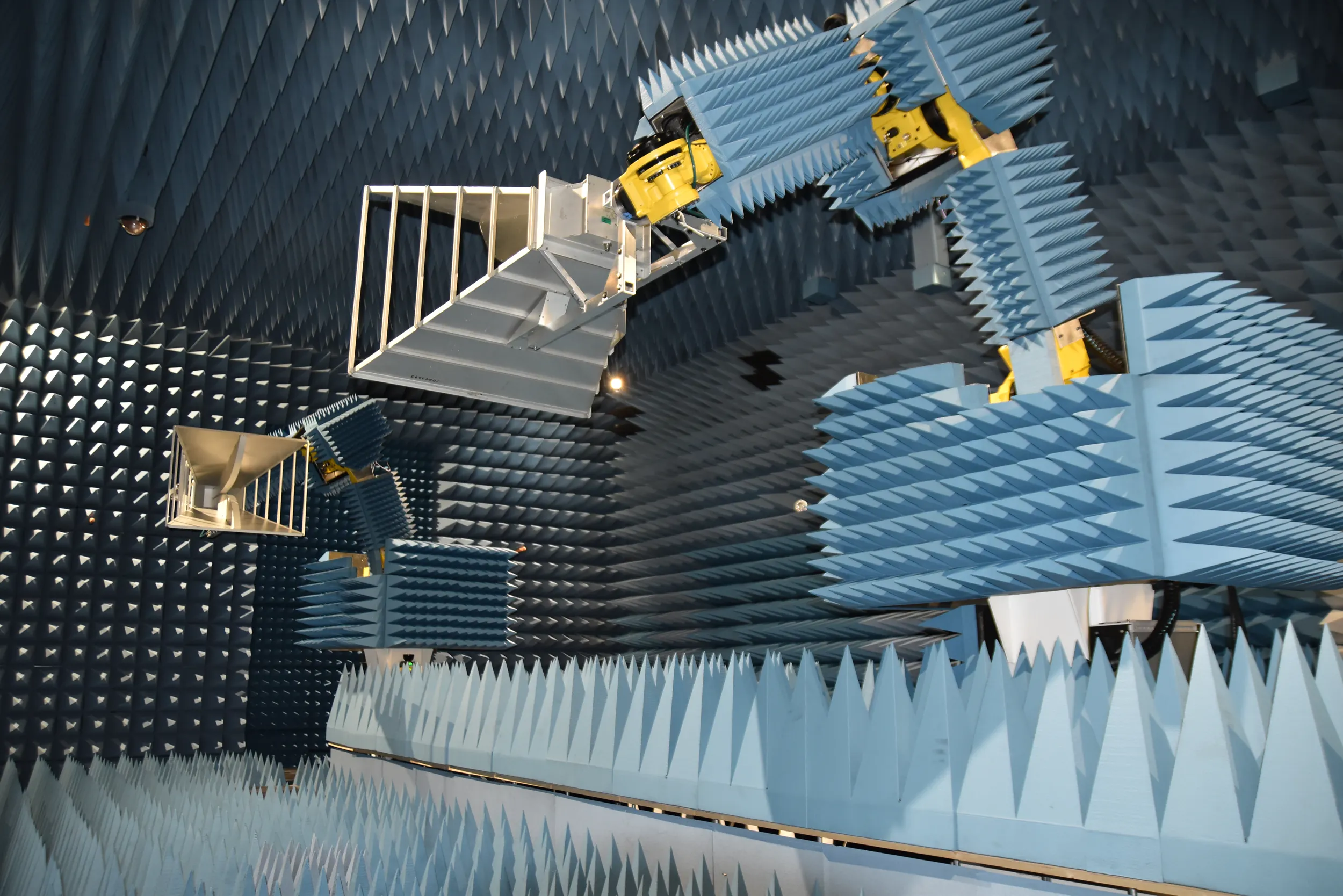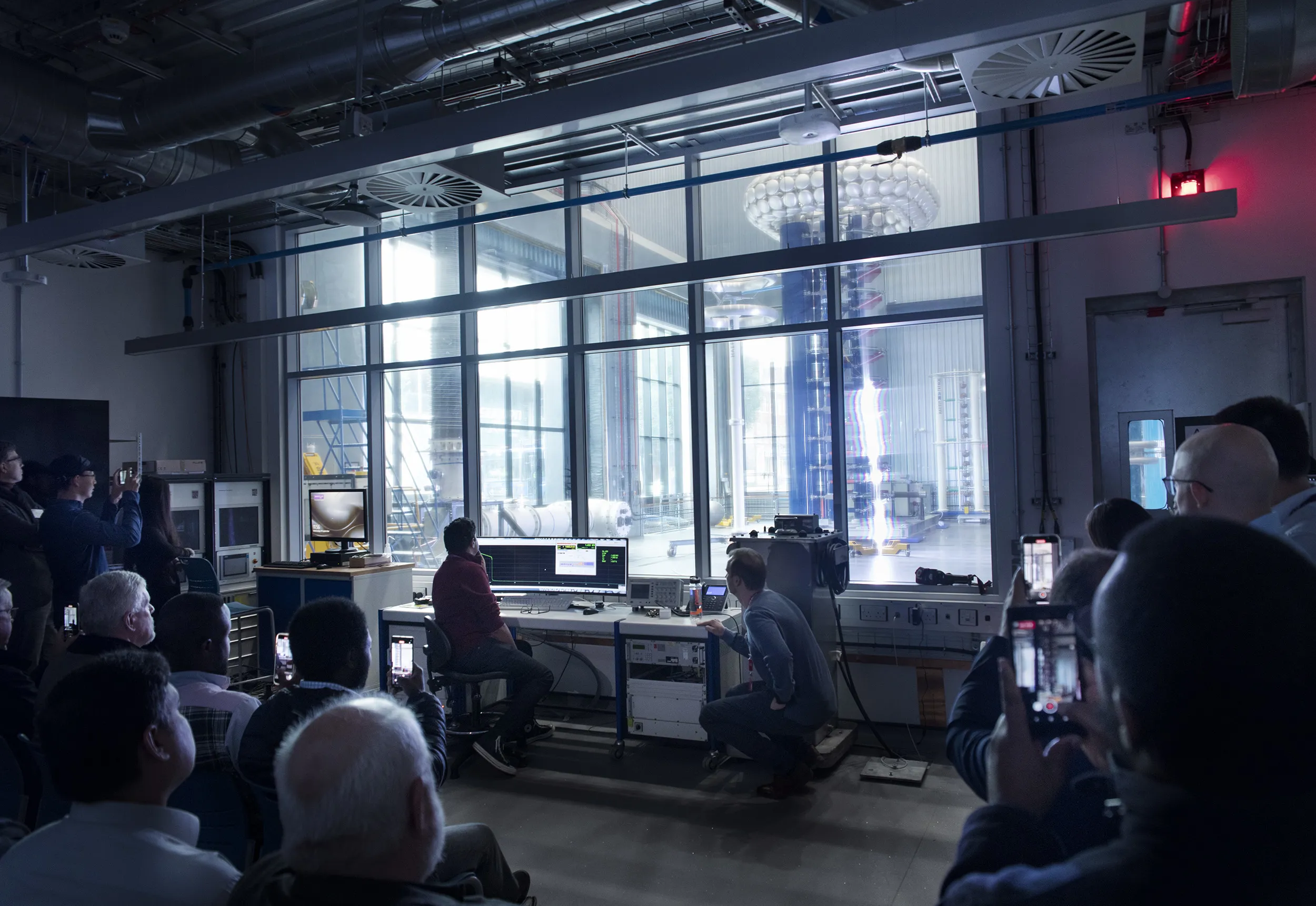
Sensors, actuators, and their interfaces technical course
A multidisciplinary introduction to the physics of sensors and actuators
Date and location
19, 24 and 26 February 2026, Live virtual
IET Member:
from £929
Non-member:
from £1,029
This new technical course covers the fundamental principles of operating, selecting and interfacing sensors and actuators.
Sensors and actuators are used daily in countless applications to ensure accurate and reliable workflows and safer environments.
However, as sensors and actuators are not normally covered academic curricula as a subject in their own right, engineers and technicians often find themselves limited in their knowledge of them.
This live virtual technical training course will empower delegates with a solid understanding of sensor and actuator physics with an emphasis on interfacing with microprocessors, that can be applied across multiple engineering disciplines.
The course will focus on the theory, practical applications, and uses of these fundamental components.
The course programme is led by Dr. Nathan Ida, author of Sensors, Actuators, and Their Interfaces: A multidisciplinary Introduction, and distinguished Professor of Electrical and Computer Engineering at The University of Akron in Akron, Ohio.
At a glance:
- Online interactive training for engineers, technicians and engineering students across disciplines
- Explore the physics of sensors and actuators: what are they and how do they work as well as their applications and interfaces
- Three half days of interactive training 12:30pm to 5:30pm GMT, allowing delegates from the UK, Europe, and North America to join virtually
- CPD hours: 15
- UK-SPEC: A and B
UK-SPEC competencies: A and B
Competence A: Knowledge and understanding
For Chartered Engineers: “use a combination of general and specialist engineering knowledge and understanding to optimise the application of advanced and complex systems.”
For Incorporated Engineers: “Use a combination of general and specialist engineering knowledge and understanding to apply existing and emerging technology”
For Engineering Technicians: “Use engineering knowledge and understanding to apply technical and practical skills.”
Competence B: Design, development and solving engineering problems
For Chartered Engineers: “apply appropriate theoretical and practical methods to analyse and solve engineering problems.”
For Incorporated Engineers: “apply appropriate theoretical and practical methods to design, develop, manufacture, construct, commission, operate, maintain, decommission and recycle engineering processes, systems, services and products.”
For Engineering Technicians: “shall contribute to the design, development, manufacture, construction, commissioning, decommissioning, operation or maintenance of products, equipment, processes, systems or services.”



